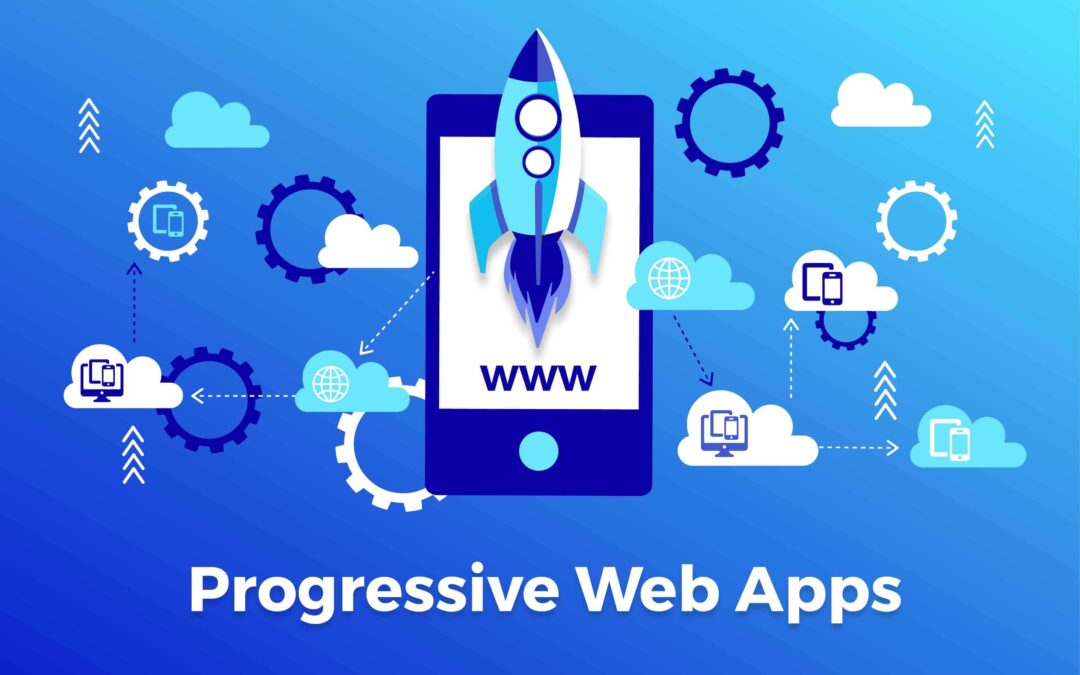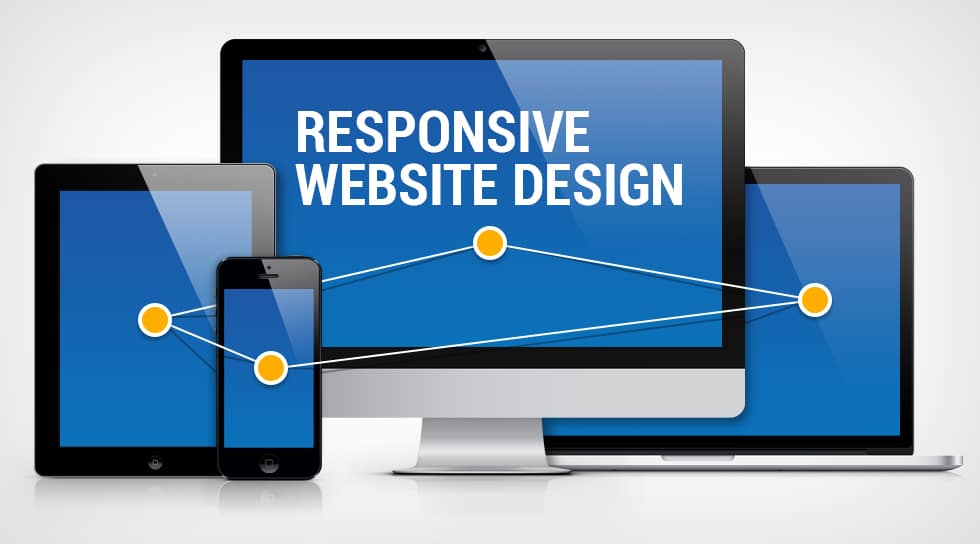
7 Reasons Why Progressive Web Apps are Essential for Your Business
Progressive Web Apps (PWAs) are quickly becoming the norm in web design and development. These interactive applications combine web technology with native mobile app features to create a faster, more reliable experience for users, giving them more features and access to content than ever before.
What Exactly Is a Progressive Web App?
A Progressive Web App is a type of web application that uses modern web technologies in combination with a specific software development approach to create an interactive, fast, and user-friendly experience on any device. PWAs are built using HTML, CSS, JavaScript, and APIs such as Service Workers and Web Manifest files. They utilize existing web technologies while also delivering the functionality needed to support high-performance mobile applications.
Why Are Progressive Web Apps So Popular?
Over the past few years, PWAs have become increasingly popular among businesses due to their flexible design and dedicated progressive features. For example, they are more efficient than traditional webpages, require less storage space, and support faster navigation. Additionally, PWAs allow users to access content even when they don’t have a reliable internet connection or when their device has low battery power. This is why many developers prefer Progressive Web Apps over other development tools for their superior performance and user experience.
If you’re looking for a way to give users a better experience on their mobile device, Progressive Web Apps (PWAs) could be the answer. PWAs offer several advantages over regular apps, such as faster loading times and increased engagement from your customers. Find out more about the benefits of PWAs here!
Faster, Seamless and Engaging User Experience
With PWAs, users get an experience that’s faster than a native mobile app and feels unified across devices. You can deliver a seamless, integrated user experience without the usual wait times associated with downloading mobile apps or waiting for content to load. This results in better engagement with your customers and allows them to access your business more quickly and easily.
Increased Conversion and Retention Rates
Progressive Web Apps make it easier for customers to take advantage of your services quickly and easily, leading to improved conversion and retention rates. The convenience of PWAs allows customers to complete transactions more seamlessly and encourages them to stay engaged longer. As a result, businesses can see an increase in their ROI from the better user experience provided by PWAs.
Easier Maintenance and Reduced Total Cost of Ownership
One of the most compelling reasons to use Progressive Web Apps is the fact that they can be maintained and updated more easily. By utilizing a single codebase, businesses can save time by not having to manage different versions for different platforms. This also reduces the total cost of ownership as businesses don’t need to invest resources in porting the same features and content across multiple platforms.
Conclusion
One key advantage of PWAs is that they deliver an app-like experience on the web with rich features, top performance, and an engaging user interface. They are also relatively easy to develop and maintain. However, there are some limitations to PWAs too. For instance, they may not be supported by older browsers or devices and aren’t always as secure as native mobile applications. In addition, because PWAs land inside a browser window instead of on the device home screen like a traditional application, some users can be hesitant to use them.
We are a leading mobile app development company having expertise in building Progressive Web app development services.




